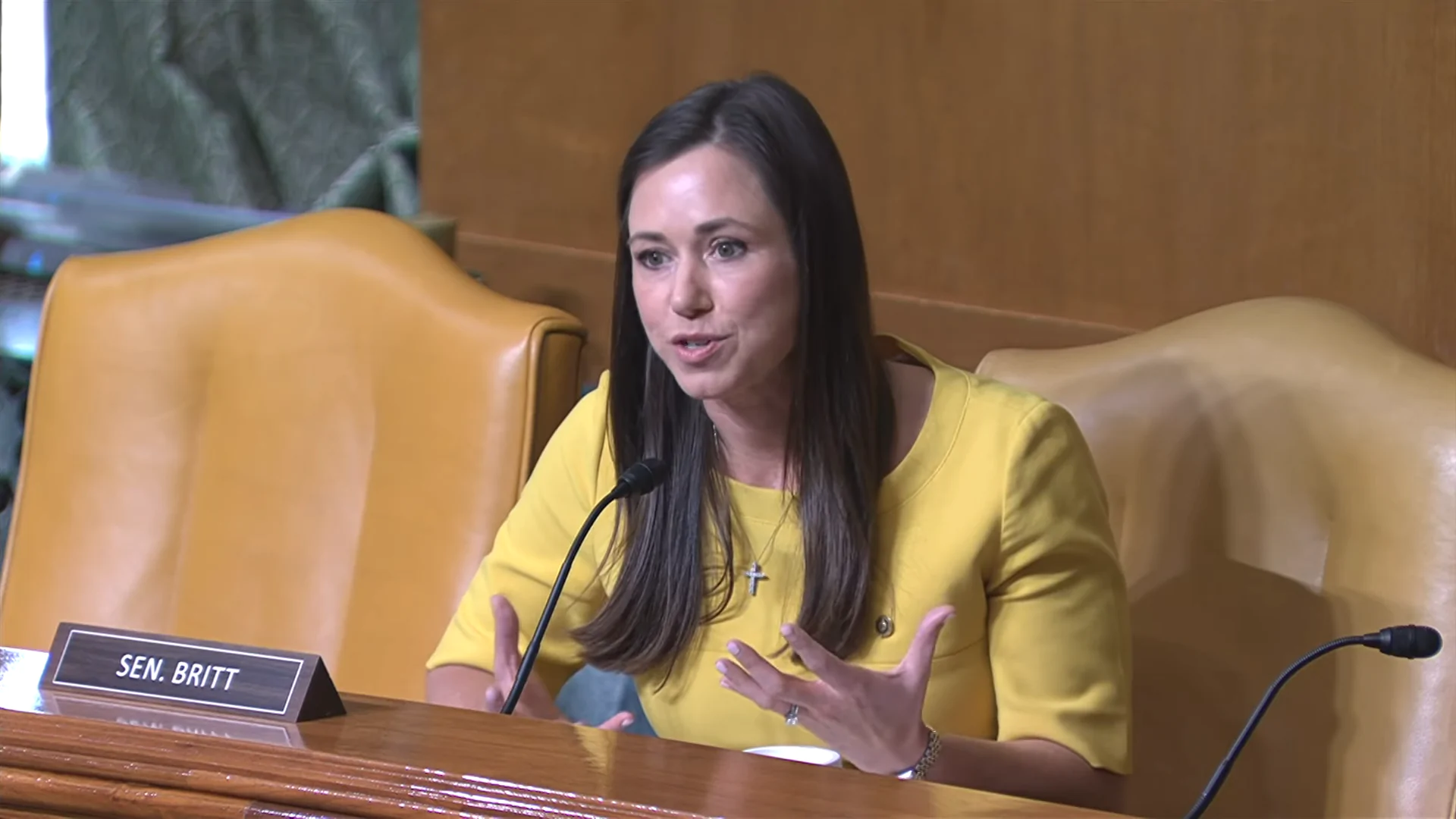U.S. Senators Katie Britt, R-Alabama, Thom Tillis, R-North Carolina, and a group of bipartisan Senate colleagues recently introduced the Improving Disclosure for Investors Act of 2025. This legislation would require the Securities and Exchange Commission to propose rules allowing for the default electronic delivery of regulatory documents to investors.
“As our capital markets have evolved and digitized, investor communications must adapt. This commonsense legislation would allow for more efficient and convenient access to financial information for investors who already overwhelmingly choose electronic delivery to receive these disclosure documents,” Britt said. “This legislation saves time and resources and reduces unnecessary costs for both financial firms and consumers.”
The SEC currently permits electronic delivery of certain documents, subject to requirements that a registrant provides notice that the information is available electronically, the investor has adequate access to such information, and the registrant either obtains evidence to show actual delivery or obtains informed consent from the investor (“opt-in” requirement).
“U.S capital markets have embraced the digital age and rely on far less paper now than they did 25 years ago, and it is past time that we bring disclosure requirements into the 21st century,” Tillis said. “Nearly 80 percent of surveyed Americans already utilize electronic delivery and this commonsense legislation will heighten efficiency and cut down on unwanted paper while still preserving investors’ ability to receive printed hard copies if they wish.”
The SEC has not comprehensively updated this framework in over 20 years. This legislation requires the SEC to establish a means for investment disclosure documents to be delivered electronically by default, while still providing a clear pathway for investors to opt out of electronic delivery and revert to paper documents at any time.
The full text of the bill can be read here.
Britt has also worked to slash red tape and modernize regulations for local financial institutions. Earlier this year, Sen. Britt cosponsored the bipartisan Credit Union Board Modernization Act, which seeks to dismantle the antiquated federal law requiring credit union boards to meet in person every month.
“These institutions play a vital role in supporting Main Street communities across Alabama, from equipping small businesses and families with the resources they need to providing capital to the most underserved Alabamians, and unnecessary red tape ultimately stifles their work,” Britt said.














































